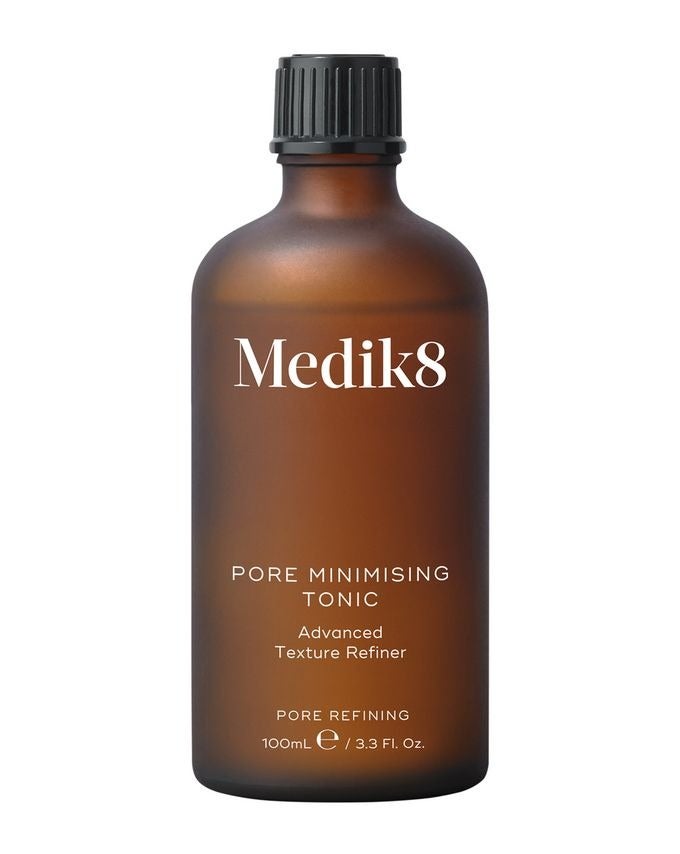Mandelic Acid the rejuvenating breakthru

Mandelic acid is an aromatic alpha hydroxy acid with the molecular formula C6H5CHCO2H. It is a white, crystal-like solid that is readily soluble in water and other organic solvents. It is a useful precursor for different drugs. It is an chiral mixture and is called paramandelic. It is found in nature and is a highly effective drug precursor.
Mandelic acid is antibacterial and helps reduce acne breakouts. It has anti-inflammatory properties , and reduces the appearance of blemishes and the appearance of melasma. It also regulates the production of sebum. It is a frequent ingredient in skincare products. This ingredient can be beneficial to sufferers of cystic acne. This is among the most effective methods to treat cystic acne. However, there are some important risks involved with mandelic acid.

Mandelic acid is a mild exfoliant which is frequently used in skin care products. It can also diminish the appearance of acne scars as well as dark-colored areas. It also contains antibacterial properties. Anyone with acne-prone skin should look up the list of ingredients of the products they are using. This can be extremely helpful for cystic acne sufferers. It will also help stop future breakouts by regulating the production of sebum.
Hyperpigmentation can be treated using Mandelic acid. It can be used in lieu of other acids if your skin doesn't react well to another treatment. Mandelic acid is an excellent option for people who have an extremely strict regimen for beauty. While it is safe to mix with other acids, the best results can be achieved when it is used on its own. Mandelic acid can trigger severe reactions in certain people suffering from acne.
In addition to its anti-inflammatory and antibacterial properties mandelic acids are also effective in treating dark spots and hyperpigmentation. It improves the appearance and elasticity of the skin and reduces fine lines and wrinkles. Mandelic acid is less likely than glycolic acid to cause irritation. It is also more effective in the reduction of dark spots, acne and breakouts.
This ingredient is beneficial for many reasons such as acne-prone skin and anti-aging. It is more gentle than many AHAs and can be safely applied to sensitive skin. The majority of people tolerate the acid, and especially those who have sensitive skin. It also helps reduce the appearance of wrinkles and fine lines. If you're unsure about whether mandelic acid is suitable for you, check out this article to find out.
Mandelic oil is the primary source of Mandelic acid, which is an acid. It can also be used as an ingredient in an acid peel. However it is not recommended for use daily. It's not recommended for sensitive skin and can cause irritation and sensitivity. Therefore, it is best used in cosmetics only. It is not recommended for everyday use, and can harm the skin. However, it can be beneficial for sensitive skin. If This Is Cool 're unsure about its benefits, check out this article.
The skin is well-nourished with Mandelic acid. It boosts cell turnover in the skin, making it appear younger and smoother. It is beneficial for your skin. It blocks melanin production, which can cause patches of pigmentation. For this reason, it is recommended to choose deeper skin tones. It's also more effective against sunburn and other signs of aging. While it is great for improving your skin, some people find it irritating.
Mandelic acid is a great exfoliant, which can help improve the appearance of dark spots, fine lines, and wrinkles. It is suitable for all types of skin and can be used to treat acne-prone skin. The acid is a great choice for people who have dry skin and are susceptible to other types of acids. Because it doesn't contain the same amount of retinol as other acids it's a great option for those with sensitive skin.

For dry and sensitive skin, Mandelic acid can be used as an exfoliant. It is most effective when combined with other acids like hyaluronic acid. In fact it is not recommended to be used with the retinol. Both acids can cause irritation. It is important to remember that mandelic acids work best for acne-prone skin. If it's working well on your skin, you'll see stunning results within a short time.
